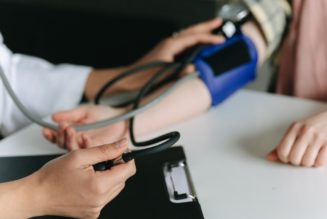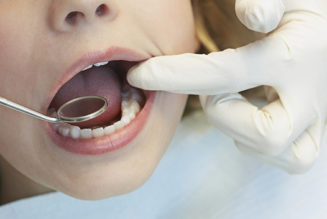HEALTHY LIVING — Is eating Keto hype or healthy?
Published 12:04 am Thursday, July 6, 2023
It’s still the rage, the Keto Diet. This way of eating is still in the news and I have had some folks ask me about it.
First, if you have been following my column for any time, you know how I feel about the “D” word. But I was curious as to its safety, if it is something everyone can do and is it a sustainable way of eating?
Despite the recent hype, a ketogenic diet is not something new. In medicine, it has been used for almost 100 years to treat drug-resistant epilepsy, especially in children. In the 1970s, Dr. Atkins popularized his very-low-carbohydrate diet for weight loss that began with a very strict two-week ketogenic phase.
Over the years, other fad diets incorporated a similar approach for weight loss. Before trying any kind of alternative eating habits, check with your doctor. I would caution anyone with a serious chronic health problem, especially anyone who is taking prescription medications, not to attempt a ketogenic diet on his/her own without medical supervision.
Examples of problematic situations include sudden drops in blood pressure for those on blood pressure medications (such as Lasix, Lisinopril, and Atenolol), and sudden drops in blood sugar for those on diabetes medications (especially insulin).
These changes in blood pressure and blood sugar are very positive and healthy, but the presence of medications can artificially intensify these effects and cause extreme and sometimes dangerous reactions unless your dosage is carefully monitored by you and your clinician in the first month or so.
Another important example of a medicine that would require careful monitoring is Lithium, an antidepressant and mood stabilizing medicine. The ketogenic diet causes the body to let go of excess water during the first few days, which can cause Lithium to become more concentrated in the blood, potentially rising to uncomfortable or even toxic levels.
Some health situations that call for careful medical supervision include (please note this is not a complete list):
People with gallbladder disease or without a gallbladder, because fat is more difficult to digest
People who have had bariatric surgery (weight loss/gastric bypass) because fats are harder to absorb
People with rare metabolic disorders that interfere with normal fat metabolism
Women who are pregnant or breastfeeding, because protein requirements are higher
Children, because protein requirements vary by age
People with pancreatic insufficiency, because fats are more difficult to digest
People prone to kidney stones (perhaps due to salt and fluid balance changes)
People who are naturally very thin (BMI of 20 or less) because weight loss may occur for some (additional fat calories may be required)
People with anorexia. If a person with anorexia decides to embark on a ketogenic diet, it may be tempting to try to do so without eating the proper amount of fat. This can be deadly, because the ketogenic diet already limits protein and severely restricts carbohydrates. If fat is also limited, starvation will rapidly occur, especially if you do not have plenty of body fat to burn for energy.
A properly formulated ketogenic diet contains everything the brain and body require to function well. Not everyone benefits or feels well on it, but most can and do.
As always, fresh is best, fermented foods like salami and cheese (very popular in ketogenic circles), can cause miserable food sensitivity symptoms in some people.
A ketogenic diet could be an interesting alternative to treat certain conditions, and may accelerate weight loss. But it is hard to follow and it can be heavy on red meat and other fatty, processed and salty foods that are notoriously unhealthy.
We also do not know much about its long-term effects, probably because it’s so hard to stick with that people can’t eat this way for a long time. Use caution and as always, moderation in all things. Stay healthy my friends.
Jody Holton writes about health for Orange Newsmedia. She can be reached at jholton3@gt.rr.com.










